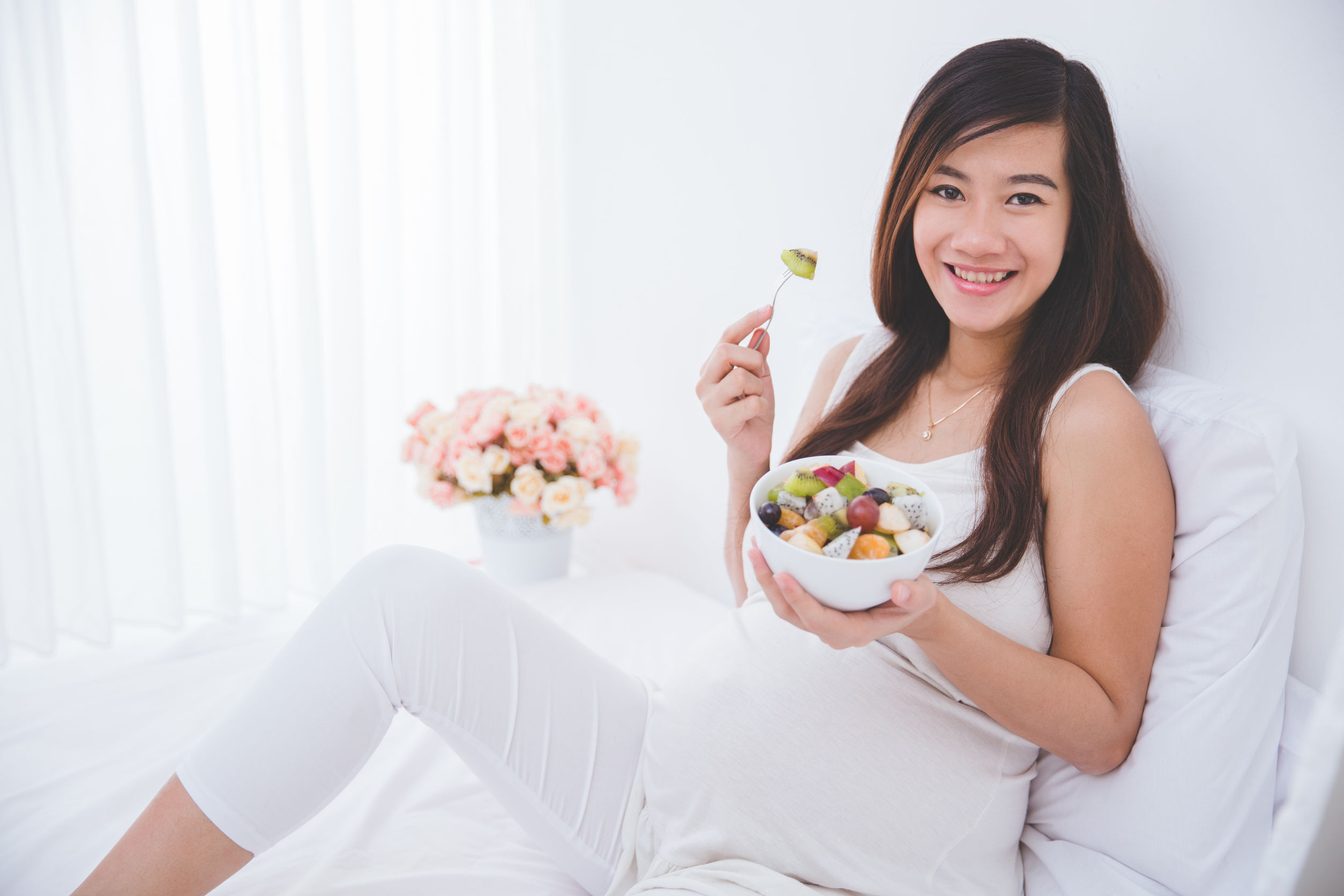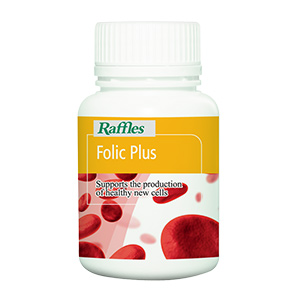Smart Nutrition for Pregnant Mothers
‹ Back
 ‹ Back
‹ Back

Pregnant mothers may find it tempting to eat for two. While it’s true that your food intake needs to increase during pregnancy, it does not mean you should literally eat for two people. Rather, what it means is to eat right and eat smart.
“Getting the right nutrition in the right proportion promotes the baby’s growth and development,” says Dr Jazlan Joosoph, Specialist in Gynaecology & Obstetrics & Consultant, Raffles Women’s Centre. “It also reduces the pregnant mother’s risk of developing medical complications during and after the pregnancy.”
To help you make smarter food choices, Dr Jazlan recommends some key nutrients to include in your diet:

Dietary Fibre
During pregnancy, your intestinal muscles relax more, which causes your digestive processes to slow down, making you feel bloated and constipated. A high-fibre diet helps you establish a regular bowel pattern and prevent haemorrhoids (piles) from developing. You should consume about 25g to 30g of fibre daily. It is important to include different types of fibre from a variety of foods such as fruits, vegetables, wheat, nuts, bran, and cereal.Calcium
Your developing baby needs calcium to build strong bones and teeth. It is also essential for a healthy heart, nervous and muscular system, and helps blood to clot normally. Calcium also reduces your risk of hypertension and preeclampsia. It is recommended that you consume at least 1,000mg of calcium daily. Good sources of calcium are dark leafy greens, dairy products, tofu, broccoli, and salmon.
Folic Acid
Also known as vitamin B9, folic acid is a prenatal vitamin, which helps in the development of your baby’s neural tube and prevents brain and spinal defects. Eating foods like leafy greens, fortified cereals or citrus fruits can help you meet the daily requirement. You can also get it from your local pharmacy in the form of folic acid tablets. “Pregnant mothers should take at least 400mcg of folic acid every day,” says Dr Jazlan. “If you’re planning to get pregnant, you should start consuming it at least one month before conception.”Protein
Protein is the basic building block of body cells and important for your developing baby. While getting enough protein is important throughout your pregnancy, it is especially crucial during your second and third trimesters. This is when your baby grows the fastest, and your organs get bigger to accommodate your baby’s needs. Depending on your weight, you will require 40 – 70g of protein each day, which can be obtained from eggs, dairy products, and lean meats.DHA
There’s a reason why lots of products are touting the benefits of DHA – it is essential for the development your baby’s brain, nervous system and eyes, especially during the third trimester. Good dietary sources of DHA include fatty fish like salmon, mackerel and tuna.Iron
Iron is an important element for blood production. It is essential in the production of haemoglobin, which transfers oxygen from your blood to the tissues. Having enough iron in your diet during pregnancy also prevents iron-deficiency anaemia, which is associated with preterm delivery and low birth weight. During pregnancy, your body’s blood volume increases by almost 50%.This means you will need extra iron for your body to make more haemoglobin. Aim to consume 30mg of iron daily by including iron-rich foods in your diet, such as red meat, seafood, and poultry.Supplements – Do You Need It?
Ideally, you should be getting enough nutrients from a healthy and balanced diet, though it is always a good idea to take a prenatal vitamin to help cover any nutritional gaps in your diet. Reviewed by Dr Jazlan Joosoph, Specialist in Obstetrics & Gynaecology, Raffles Women Centre





















